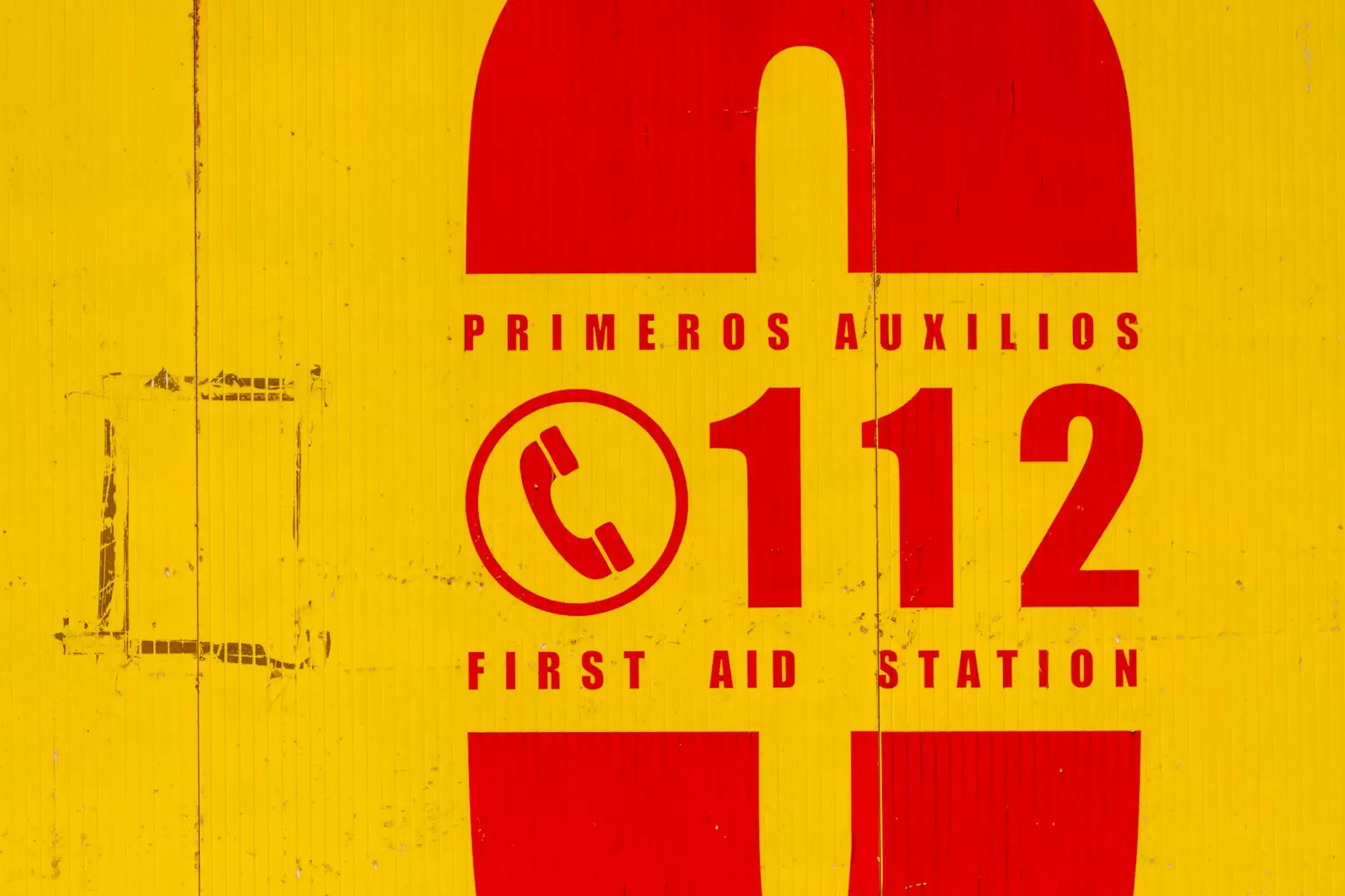Understanding RLS Treatment: A Comprehensive Guide to Improving Your Quality of Life

What is Restless Legs Syndrome (RLS)?
Restless Legs Syndrome, commonly referred to as RLS, is a neurological disorder characterized by an irresistible urge to move the legs. This condition typically occurs in the evenings or during periods of inactivity, leading to uncomfortable sensations that can interfere significantly with sleep and daily activities.
The sensations are often described as tingling, crawling, or burning in the legs. For many individuals, these symptoms can worsen at night, leading to insomnia and daytime fatigue. It's essential to understand that RLS is more than just a nuisance; it can profoundly impact your overall health and quality of life.
Recognizing the Symptoms of RLS
Identifying the symptoms of RLS is the first step towards seeking appropriate RLS treatment. The primary symptoms include:
- Urge to Move: A compelling need to move the legs, often accompanied by discomfort.
- Restlessness: Symptoms typically worsen during periods of inactivity.
- Nighttime Symptoms: Sensations often intensify in the evening, interfering with sleep.
- Temporary Relief: Movement such as walking or stretching often provides temporary relief.
If you experience these symptoms regularly, it's crucial to consult a healthcare provider for diagnostic evaluation and potential treatment options.
Causes of RLS
The exact cause of RLS is still not fully understood; however, several factors can contribute to its onset, including:
- Genetics: RLS can run in families, indicating a potential genetic component.
- Iron Deficiency: Low iron levels in the brain may contribute to the development of RLS.
- Chronic Conditions: Conditions like diabetes, Parkinson's disease, and peripheral neuropathy can increase the risk.
- Medications: Certain antihistamines, antidepressants, and antipsychotic medications may exacerbate symptoms.
- Pregnancy: Hormonal changes during pregnancy, particularly in the third trimester, can trigger RLS.
Understanding these factors can help in determining the most effective RLS treatment strategies.
Diagnosing RLS
Diagnosing Restless Legs Syndrome primarily involves a review of your medical history and a physical examination. Your doctor will likely perform the following:
- Symptom Assessment: Discussing your symptoms, their frequency, and their impact on your life.
- Medical History Review: Evaluating past medical issues, family history, and medication usage.
- Blood Tests: Checking levels of iron and other potential deficiencies that may contribute to RLS.
After a thorough assessment, your doctor can recommend a personalized RLS treatment plan tailored to your specific situation.
Effective RLS Treatment Options
Managing Restless Legs Syndrome involves a combination of lifestyle changes, home remedies, and medical treatments aimed at alleviating symptoms. Here are several RLS treatment options to consider:
Lifestyle Changes
Adopting certain lifestyle changes can significantly reduce RLS symptoms:
- Regular Exercise: Engage in moderate physical activity regularly, such as walking or cycling, but avoid strenuous workouts close to bedtime.
- Sleep Hygiene: Establish a regular sleep schedule and create a comfortable sleep environment.
- Caffeine and Alcohol Reduction: Reducing or eliminating caffeine and alcohol intake can improve sleep quality and lower symptoms.
- Warm Baths and Massages: Taking warm baths and massaging the legs can help relax muscles and reduce discomfort.
Home Remedies
Certain home remedies may provide relief from RLS symptoms:
- Hot and Cold Therapy: Alternating hot and cold compresses can ease discomfort.
- Essential Oils: Lavender and chamomile oils can soothe and promote relaxation.
- Supplements: Iron, magnesium, and folate supplements may reduce symptoms, especially if deficiencies are present.
Medical Treatments
If lifestyle changes and home remedies do not sufficiently alleviate symptoms, medical treatments may be necessary. Common medications used in RLS treatment include:
- Dopaminergic Agents: Medications such as pramipexole and ropinirole help increase dopamine levels in the brain, alleviating symptoms.
- Gabapentin: This anticonvulsant medication is often effective in treating discomfort associated with RLS.
- Opioids: In severe cases, opioids may be prescribed, although they are typically a last resort due to the potential for dependence.
- Iron Supplementation: For individuals with low iron levels, iron supplements may improve symptoms.
The Importance of Seeking Professional Help
While many individuals may feel reluctant to seek professional help for their RLS symptoms, doing so can lead to effective management strategies. Professionals at Truffles Vein Specialists are experienced in diagnosing and treating RLS, offering tailored treatment plans that can greatly enhance your quality of life.
In addition, addressing any related health issues, such as sleep apnea or peripheral neuropathy, can further improve outcomes in RLS patients.
Living with RLS: Tips for Better Management
Managing Restless Legs Syndrome can be challenging, but with the right strategies and support, individuals can lead fulfilling lives. Here are some additional tips:
- Educate Yourself: Understanding RLS empowers individuals to advocate for their health.
- Connect with Support Groups: Joining support groups can provide emotional support and helpful resources.
- Monitor Symptoms: Keeping a symptom diary can help you identify triggers and evaluate treatment effectiveness.
Conclusion: Taking Steps Towards Effective RLS Treatment
Restless Legs Syndrome is a complex condition that can affect many aspects of life, from sleep quality to emotional well-being. However, by understanding the symptoms, causes, and treatment options available, individuals can take proactive steps towards managing their condition effectively.
Choosing the right RLS treatment can lead to significant improvements in your health and quality of life. Whether through lifestyle changes, home remedies, or medical treatments, remember that you do not have to navigate this journey alone. Reach out to the professionals at Truffles Vein Specialists for comprehensive care and support.
Email: [email protected] | Phone: (123) 456-7890
© 2023 Truffles Vein Specialists. All rights reserved.









